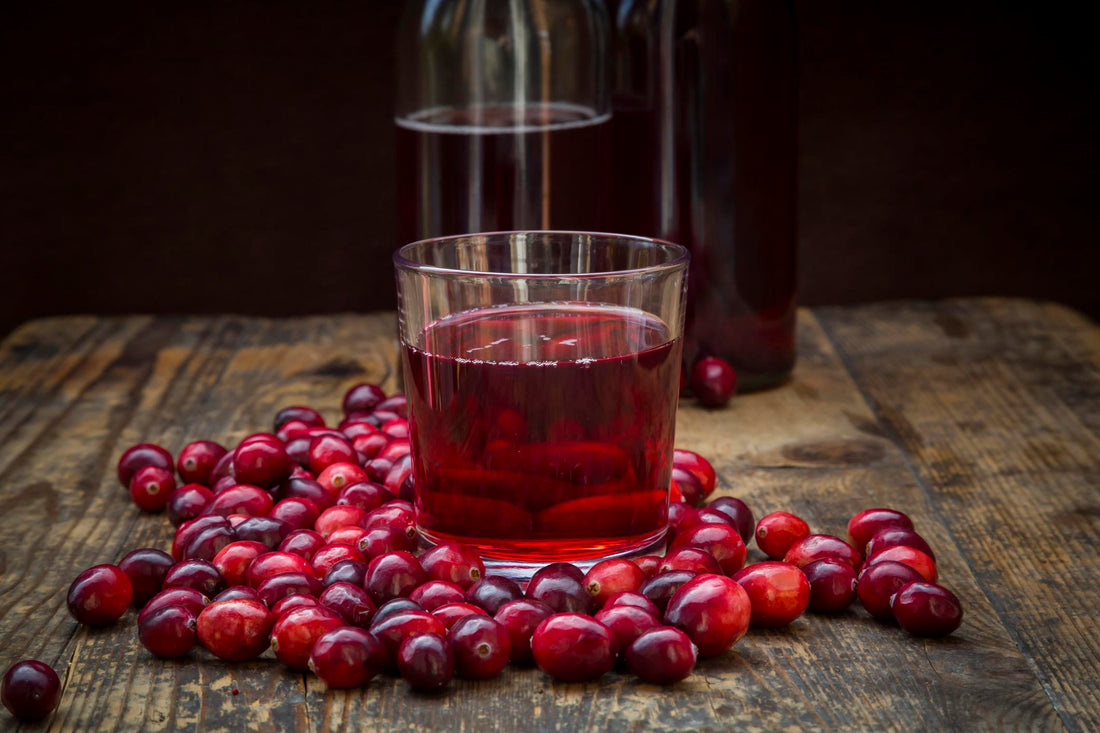Cranberry Juice Can't Prevent or Treat UTIs, Health Experts Say
Share
We have all heard the old wives’ tale: there’s nothing better than cranberry juice to make a UTI go away. Health experts in the U.K., however, beg to differ as they claim that cranberry juice does nothing to treat UTIs.
A urinary tract infection, or UTI, is a bacterial infection of the kidney, ureters, bladder, or urethra. Of these, the bladder is most commonly affected in a condition known as cystitis. UTIs commonly result in a burning sensation during urination, increased urination frequency, abdominal pain, and mild fever. The urine may also appear cloudy. Women have relatively shorter urethras than men, making them more prone to UTIs. In fact, approximately 50 to 60% of all women experience this condition at least once during their lifetimes.
Cranberry juice has gained popularity as a cure for UTIs as it was believed to contain a chemical that prevents the bacteria from adhering to the urinary tract. Manufacturers of cranberry juice have left no stone unturned trying to prove this claim. However, the National Institute for Health and Care Excellence (NICE), a public health body in the United Kingdom, set forth to find if cranberries really offer all the benefits they are said to provide. Their draft guidelines suggested that there is no substantial evidence to prove that cranberry juice prevents or treats urinary tract recurrent infections of the bladder and urethra or lowers their incidence.
The certainty of cranberries’ benefits in preventing and treating UTIs was challenged in the latest guidelines released by healthcare experts. The NICE accepted that there is some evidence that cranberries may be beneficial in preventing or treating UTIs in patients with catheters inserted following operations; however, the institute noted that similar benefits have not been seen enough in the general population to make the basis of health advice. Instead, the institute explained, staying hydrated, taking painkillers, and, if the UTI is severe, getting antibiotics, is a much more certain way to treat UTIs.
Cochrane, a non-profit organization encouraging informed health decisions, suggested the same in 2012 after its researchers reviewed 24 different studies (with a total of 4500 participants) set to find the relation between cranberry juice consumption and UTIs. They arrived at the conclusion that cranberries do not offer any significant benefits in preventing UTIs.
Researchers at the giant cranberry producer Ocean Spray tried to discover the beneficial effects of cranberry juice in people with common symptoms, such as painful micturition. However, independent researchers failed to replicate these results in people who were diagnosed with the infections and did not only have the symptoms. The FDA refused to grant permission to Ocean Spray to advertise its claims that cranberry products prevent recurrent UTIs in healthy women.
An Ocean Spray spokesperson said that there is enough evidence to suggest that eating one cranberry product every day reduces the incidence of recurrent UTIs in healthy women. The FDA is still reviewing whether this is a qualified claim; such claims are usually made about natural food products, and many foods, such as walnuts, green tea, olive oil, and tomatoes, have received qualified health claims.
Many health experts are now suggesting that regular use of a vaginal probiotics for UTI prevention is showing promising benefits.
Disclaimer
The information provided in this article, including text, graphics, and product descriptions, is for informational purposes only and is not intended as medical advice.
You should consult a qualified healthcare professional before using any dietary supplement, particularly if you are pregnant, nursing, taking prescription medications, or have an existing medical condition.
The content on this page should not be used to substitute professional medical consultation, diagnosis, or treatment.




